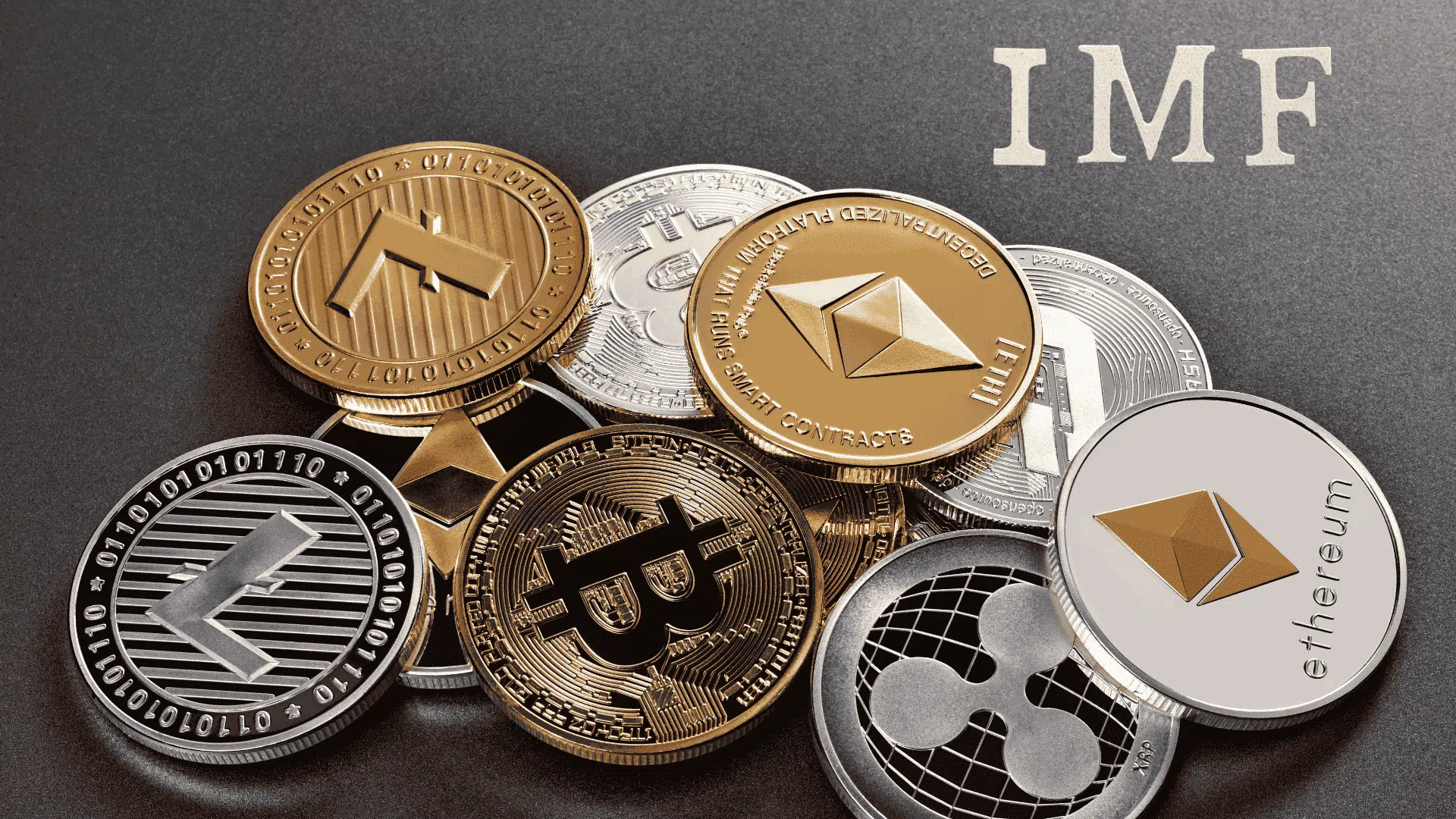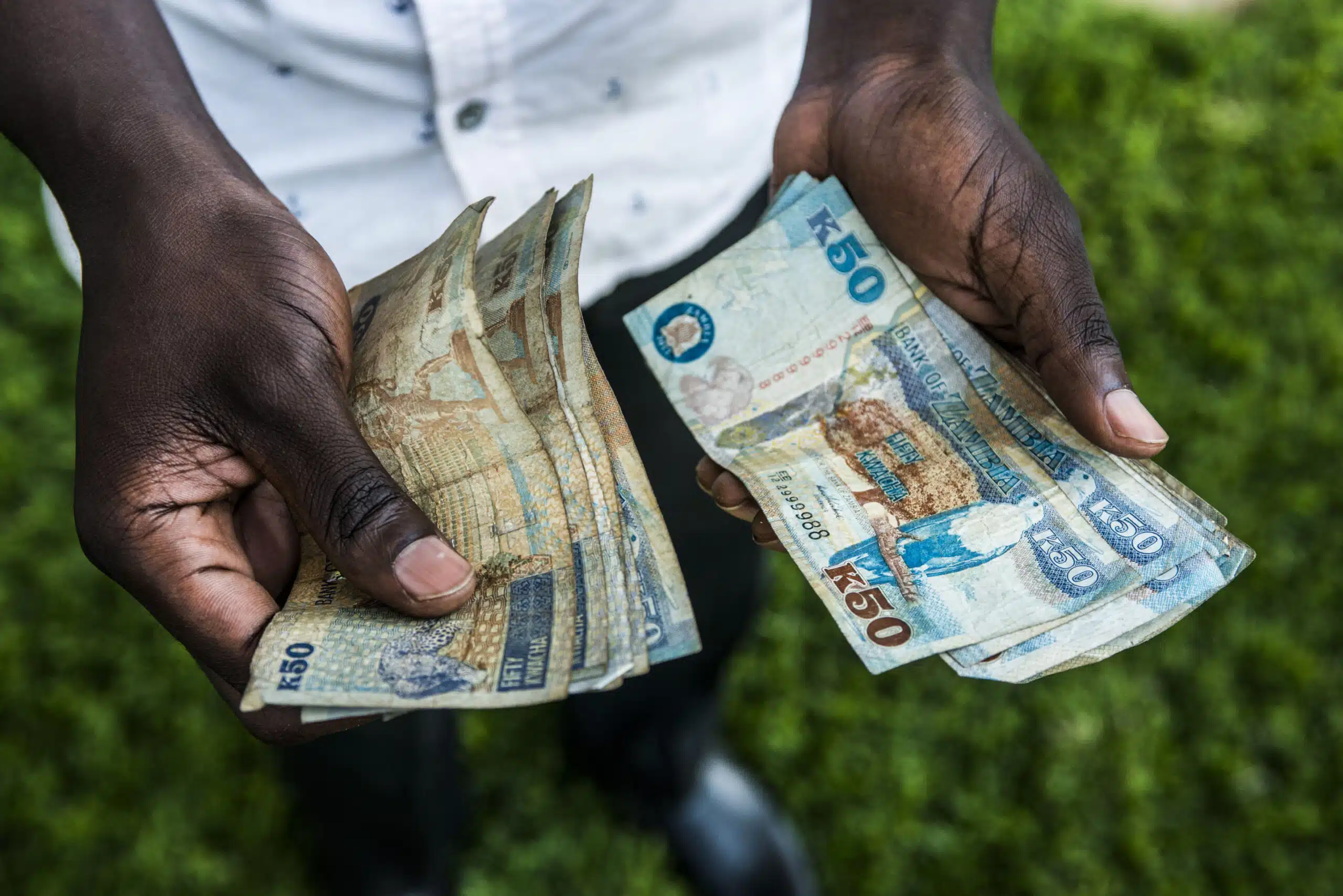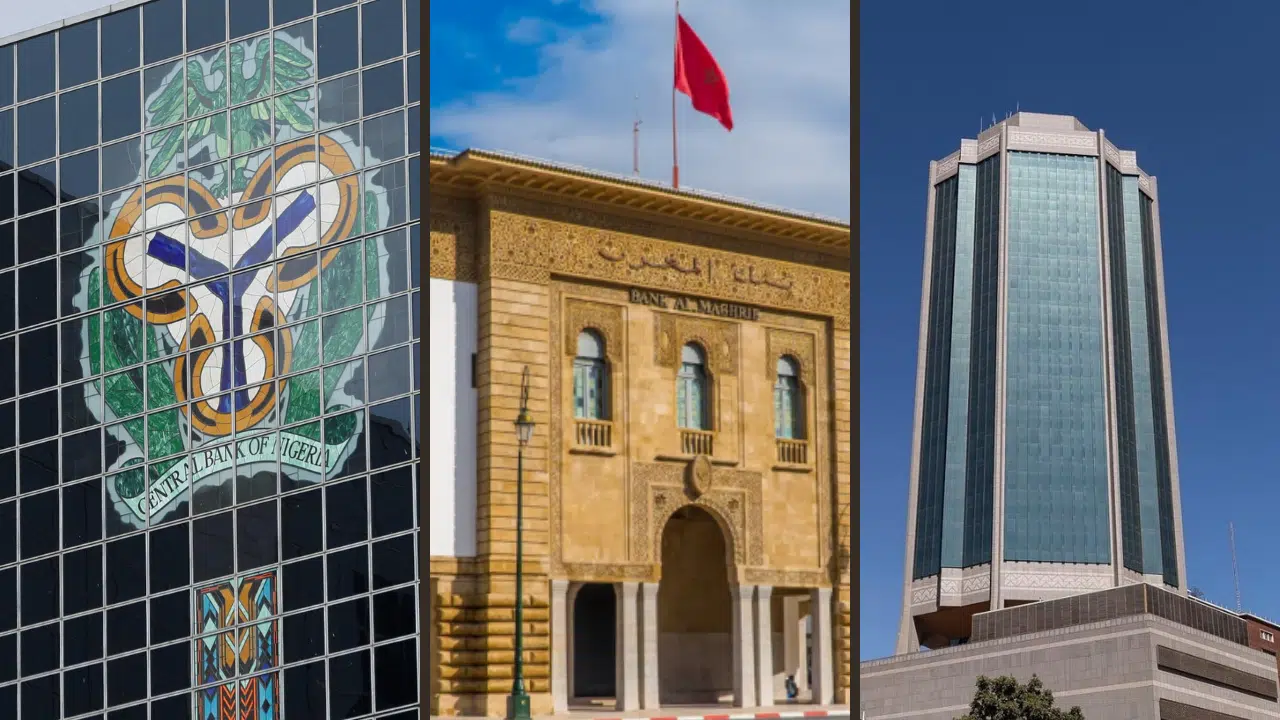The International Monetary Fund (IMF) has sounded a warning to African central banks about the distortive effects of cryptocurrencies on local economies and the financial sector if left unregulated.
In its regional economic outlook for sub-Saharan Africa (SSA), published in April, the Fund explained that inflation and volatile exchange rates across the region have driven many into investing in crypto assets.
However, the Bretton Woods institution did not wholly discredit cryptocurrencies; it acknowledged the innovation they bring, particularly in areas such as tokenisation, decentralised finance (DeFi), smart contracts, and more.
According to the Fund, investments in cryptocurrencies come with risks including reduced capital inflows into local economies, money laundering, weakened monetary transmission mechanisms, and several other downsides.
The report states:
“Central banks should also keep a close eye on risks from crypto assets. High inflation and exchange rate volatility, together with rising crypto prices, have created strong incentives across the region to invest in crypto assets.
“While these provide some benefits, including supporting financial innovations such as smart contracts, fractionalisation, tokenisation and decentralised finance, they are also associated with risks, such as reducing the effectiveness of local capital flow and AML/CFT regulations, facilitating tax avoidance, adding to financial volatility, and weakening monetary transmission.”
Inflation and poverty trigger capital flight to digital assets
The IMF’s warning comes at a time when many SSA countries are grappling with inflation, debt, low revenue, and currency volatility.
In 2024, more than half of SSA countries experienced double-digit inflation, with one-third still seeing inflation above target.
These elevated inflation levels are exacerbated by high energy and food prices, worsening poverty and inequality in one of the world’s most vulnerable regions. Around 140 million people in SSA are classified as severely food insecure, the highest concentration being in Nigeria.
Despite widespread poverty and inflation, the region hosts one of the world’s largest cryptocurrency markets. For many tech-savvy young Africans, cryptocurrencies have offered a hedge against inflation and local currency depreciation in recent years.
For example, Nigeria’s naira saw a 70% devaluation between 2023 and 2024. Similar scenarios played out in Ghana, Zambia, Ethiopia, and Sierra Leone, all of which experienced significant depreciation of their currencies. The IMF noted in its report that around 70% of SSA countries witnessed severe currency depreciation in 2024.
The increase in the value of Bitcoin, Ethereum, and similar assets served as the icing on the cake for investors in the region. Over the past year, Bitcoin approached the $100,000 mark, fuelled largely by former President Donald Trump’s vocal endorsement of cryptocurrencies.
During his second presidency, Trump appointed a pro-crypto advocate as Treasury Secretary and even launched a meme coin before his inauguration.
According to a report by Chainalysis, the SSA region received $125 billion in on-chain value transactions between 2023 and 2024—an increase of $7.5 billion in that period.
In terms of adoption, several SSA countries ranked among the top 30 globally, with Nigeria placing second worldwide. Kenya, Ethiopia, and South Africa also featured in the global top 30 for cryptocurrency adoption.
Cryptocurrency adoption persists despite opposition from authorities
This widespread acceptance of cryptocurrencies in Africa has continued despite criticism from financial authorities across the region. In fact, some countries have banned cryptocurrency trading entirely or even criminalised it.
Nigeria, for example, banned crypto transactions via bank debit cards, prompting the rise of a thriving peer-to-peer (P2P) market. The country recently released a senior executive of Binance—accused of influencing the naira’s depreciation—after weeks of detention.
Beyond Nigeria, countries such as Lesotho, Ghana, Sierra Leone, Morocco, and others have enacted similarly strict legislation against cryptocurrencies.
Their hard-line stance stems from concerns over the use of crypto for fraud, money laundering, and terrorism financing. Many unlicensed platforms also have weak Know Your Customer (KYC) requirements. Combined with the anonymity offered to users and limited understanding of crypto among policymakers, this has driven governments’ opposition in recent years.
Efforts to regulate cryptocurrencies in Africa
However, in recent times, some African countries have adopted a more favourable view of cryptocurrencies and have introduced regulations to guide their use.
Nigeria’s President Tinubu recently signed the Investment and Securities Act (ISA) into law, officially recognising cryptocurrencies as digital assets—marking a significant shift from the country’s previous sceptical stance.
Before this, Nigeria’s Securities and Exchange Commission (SEC) had already approved a number of crypto exchanges to operate locally.
Elsewhere, Kenya is currently working on a digital assets bill that would bring crypto platforms under the oversight of the Capital Markets Authority (CMA).
South Africa stands out with one of the most advanced crypto regulatory frameworks on the continent, having adopted rules early. In South Africa, cryptocurrencies are recognised as digital representations of value, and all crypto platforms are required to register with the Financial Intelligence Centre (FIC) to operate legally.
Mauritius, despite its relatively small population, is another early adopter, being the first country in Africa to introduce crypto regulations.
Other countries following this path include Ghana—which has introduced a 1.5% tax on crypto transactions—as well as Morocco and Egypt.
A likely scenario in the future
Beyond Africa, the IMF has maintained a conservative stance on cryptocurrencies in recent years. In December 2023, its Managing Director, Kristalina Georgieva, warned that the adoption of crypto assets could undermine financial system stability.
The Fund took action in 2024, when it made changes to El Salvador’s pro-crypto legislation a condition for the country to access a $1.4 billion loan. As a result, El Salvador had to scale back some of its crypto-friendly policies.
In the future, it remains to be seen whether the IMF or other multilateral financial institutions will impose similar conditions on African countries that lean towards embracing digital assets.











